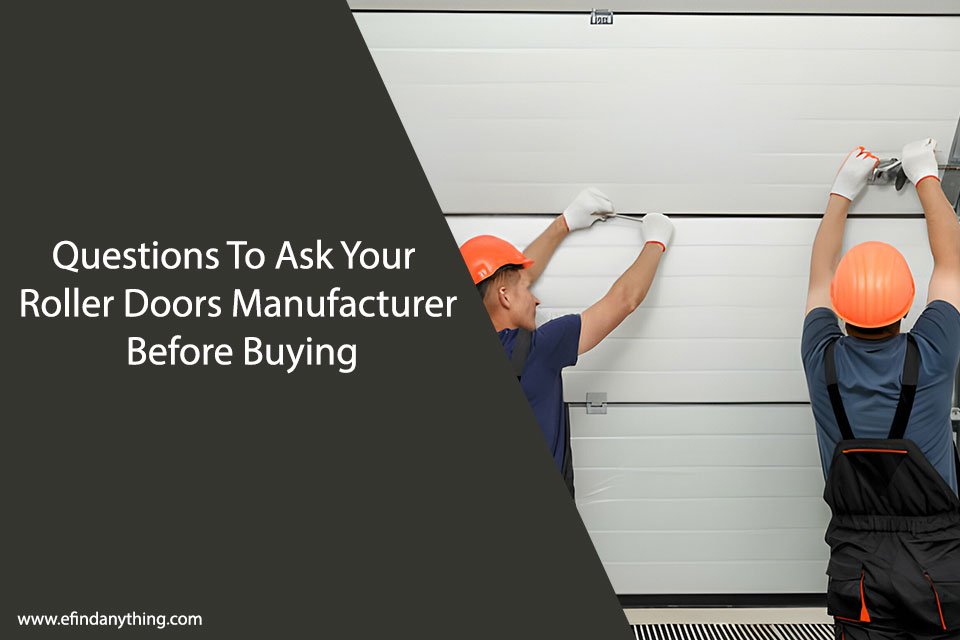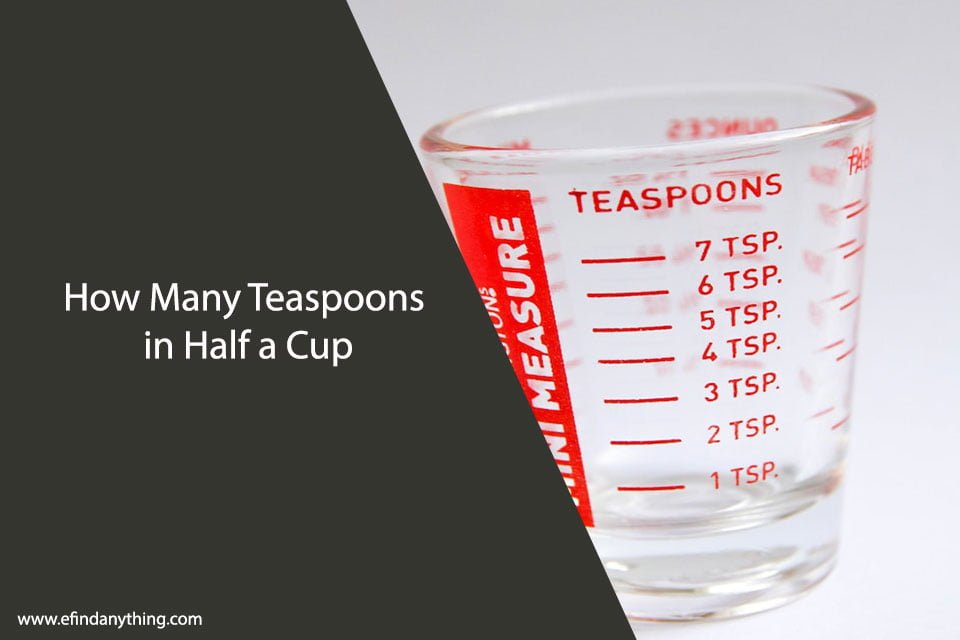
Investing in new roller doors represents a major purchase for your home or business. This integral security and access control system impacts convenience and safety for years after installing. With a wide range of materials, operating mechanisms, warranties and service plans available, making an informed selection requires doing due diligence.
Asking smart questions directly to roller doors manufacturer like Steel-Line builds understanding to pick the best custom roller shutter solution aligned with your objectives and risk tolerances. Here are key considerations to address.
Table of Contents
What Materials Options Exist?
Roller door materials influence longevity, insulation, noise dampening, security deterrence and cost. Get specifics from manufacturers on the offerings and advantages of:
Aluminum: Lightweight and durable if properly coated to prevent corrosion. Require insulation extras to minimize heat transfer. Generally the most affordable option.
Steel: Provides highest strength and forced entry protection. Heavy gauges dent/crack-resistant. Can feel cold to the touch given high conductivity unless insulated.
Vinyl: Lightweight like aluminum but with better native insulation properties. Susceptible to heat warp and not as impact-resistant. Offer visual appeal.
Other composites: Some makers provide high-tech mixes of vinyl, aluminum and foam for lightness plus insulation and strength. Investigate custom composite options.
Ask about the thermal efficiency ratings, sound dampening qualities, dent resistance and warranty duration offered per material type to make practical choices for your setting.
What Operating Mechanisms Exist?
The apparatus that rolls your door up and down comes in two main categories:
Spring Loaded: Torsion springs provide lift assistance via counterbalance hardware. Require regular servicing but offer smoother operation at lower price points. More prone to sudden breakage over time versus alternatives.
Motorized: Electric motors smoothly raise and lower doors as commanded. Higher initial cost but very durable and low maintenance long-term. Allows for app controls and automation integration. Backup battery options available for power outages.
Probe into real-world reliability, noise levels, operating speeds and repair rates. Get guidance on selecting horsepower and automation features per your size requirements.
What Measurement Precision and Quality Control Practices Are Used?
A roller door’s effectiveness hinges on properly fitting your opening’s dimensions. Inquire about fabrication methods specifically:
Precision Equipment: Ensure computer-controlled laser or optical cutters get used for accuracy versus imprecision of manually operated shear machines.
Custom Assembly: Each door is built tailored to your supplied measurements – not pre-fabricated then cut down afterward.
QA Checks: What inspection and operational tests get conducted before shipping doors to catch defects early?
Well-fabricated doors operate smoothly, keep elements out, and deter opportunistic breaches. Confirm measurement tolerances and verify craftsmanship care.
What Warranty Coverage Applies?
While you hope new roller shutters serve you for decades without issues, equipment does fail. Check warranties to understand what protection comes included should problems later occur:
- Materials & Workmanship – Are fabrication defects covered for 3-5 years?
- Hardware Components – Do motors/springs/bearings come with warranties?
- Coastal Corrosion Protection – Expect 5+ years for seaside durability.
- Color Fading Prevention – Look for 5-7 year guarantees on finish integrity.
Get warranty durations along with limitations and service dispatch commitments in writing before buying.
Conclusion
Doing your homework with manufacturers in advance prevents unwanted surprises down the road. Asking the right questions sets clarity on materials, mechanisms, quality control, warranties and overall value offered across vendors. The more you understand exactly what you’re buying, the higher your satisfaction and savings over time.





